Description
The papyrus painting utilizes ancient Egyptian pigments and painting methods. Ancient Egyptian artists approached painting on papyrus with a finely honed blend of material preparation, pigment creation, and application techniques.
The process of painting began with the preparation of pigments. These pigments were made by grinding naturally sourced minerals into fine powders—for instance, malachite provided greens, azurite offered blues, and various forms of ochre yielded reds and yellows. The powdered pigments were mixed with binders such as gum arabic, egg white, animal glue, and water to form a paste-like substance. This method not only ensured the colors adhered well to the surface of the papyrus but also produced a paint medium that was both durable and capable of retaining its vibrancy over millennia.
These paints were typically applied using reed brushes, allowing precision when inscribing hieroglyphs or illustrating vignettes. Standard inks—such as a stable carbon-based black and a red ink derived from iron oxide—were used to provide contrasting details and emphasize essential elements such as titles or sacred texts.
Horus and Hathor are two central figures in ancient Egyptian mythology, each embodying distinct yet interrelated aspects of divine authority, protection, and nurturing.
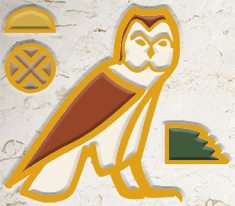
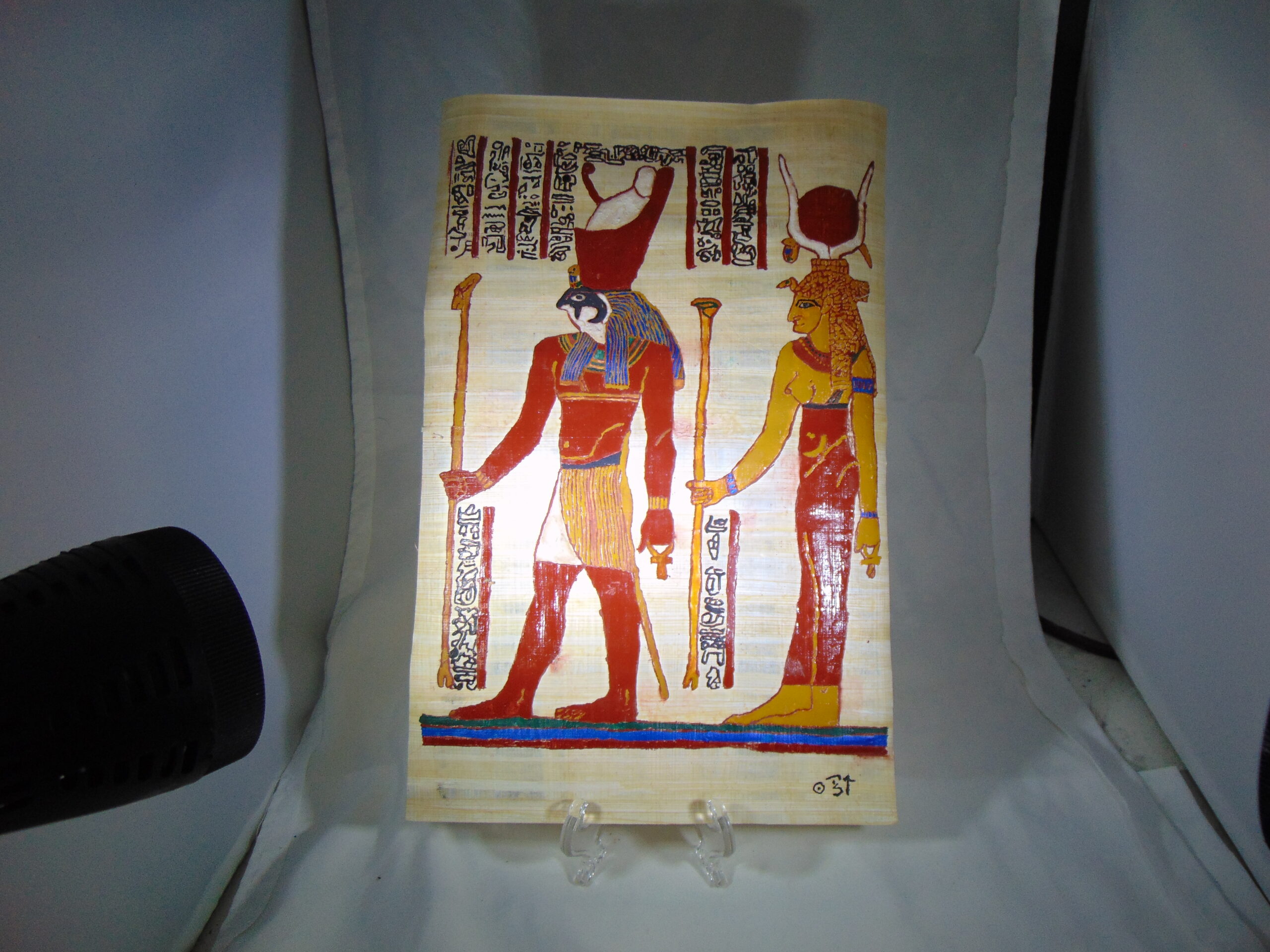

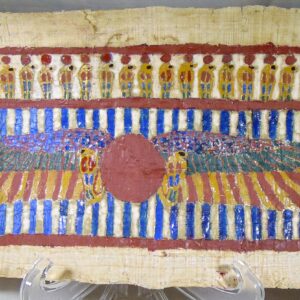
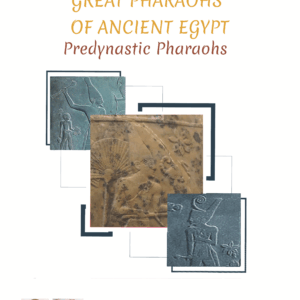
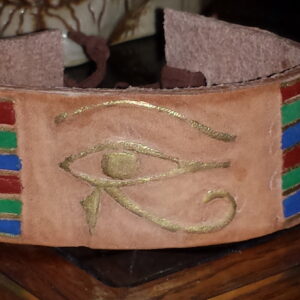

Reviews
There are no reviews yet.